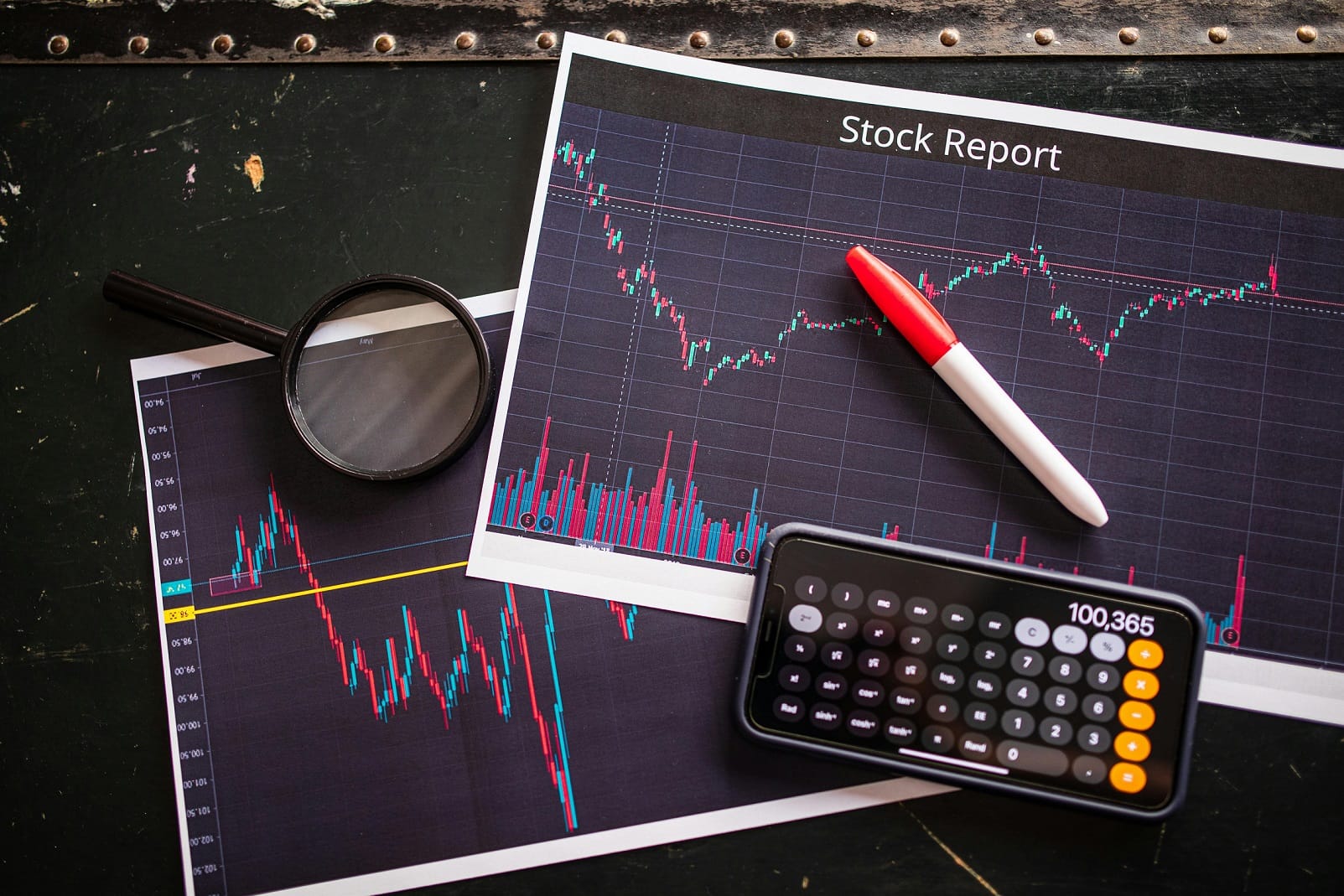Forex trading has long been regarded as a potential path to financial prosperity, but the truth is far more complex than the allure of quick riches. While there are exceptions, the journey to wealth through forex trading is often fraught with challenges, risks, and unexpected pitfalls.
The Quest for Quick Profits
Many individuals turn to forex trading in pursuit of rapid financial gains. The promise of substantial profits in a short time can be tempting, but it’s essential to approach this endeavor with a dose of realism. The statistics reveal a sobering truth: a significant percentage of aspiring forex traders fail to achieve their financial goals. In fact, some end up facing substantial losses, leading to financial hardship.
Leverage: A Double-Edged Sword
One of the distinguishing features of forex trading is the availability of leverage, which allows traders to control larger positions than their actual capital. While this can amplify gains, it also magnifies losses. An example illustrates the point: with 50:1 leverage, a $5,000 trade can translate into potential profits of $25,000 or losses of the same magnitude. Excessive leverage is a significant risk factor, prompting regulators in various countries to impose stricter limits on it.

Asymmetric Risk to Reward
Successful forex traders understand the importance of managing their losses while maximizing gains. However, many retail traders fall into the trap of making small profits on several trades but holding on to losing positions for too long. This imbalance can lead to losses that surpass the initial investment, leaving traders in a precarious financial situation.
Platform and System Vulnerabilities
The world of forex trading is highly dependent on technology, and like any technology-driven field, it’s susceptible to glitches and malfunctions. Imagine having a substantial position and being unable to close it due to a platform malfunction or system failure. Such events, whether caused by power outages, internet issues, or crashes, can result in significant losses.
No Information Edge
Large financial institutions engage in forex trading with vast resources and access to valuable information not available to the average retail trader. This information edge can be a decisive factor in their success. Retail traders often lack this advantage, making it challenging to compete effectively.

Currency Volatility
While currencies can be volatile, major currency pairs typically don’t experience the same level of extreme volatility seen in stocks. However, when it does occur, it can result in rapid and substantial losses, especially for traders using high leverage.
Over-the-Counter Market
Unlike stocks and futures that trade on regulated exchanges, the forex market operates as an over-the-counter (OTC) market without centralized regulation. This lack of centralized oversight means forex trades aren’t guaranteed by a clearing organization, introducing counterparty risk.
Fraud and Market Manipulation
The forex market has not been immune to fraud and manipulation. Instances of fraud have led to substantial losses for traders, and market manipulation tactics, such as stop-loss hunting, can create challenging trading environments.
Conclusion: A Challenging Path
In conclusion, the reality of forex trading is far from a guaranteed path to riches. While there are success stories, they are the exception rather than the rule. Forex trading demands a deep understanding of the market, disciplined risk management, and a commitment to continuous learning. If you’re still drawn to forex trading, it’s crucial to approach it with caution, limiting your leverage, using tight stop-loss orders, and selecting a reputable forex brokerage. These measures may help level the playing field to some extent, but success in forex trading remains an arduous journey.

